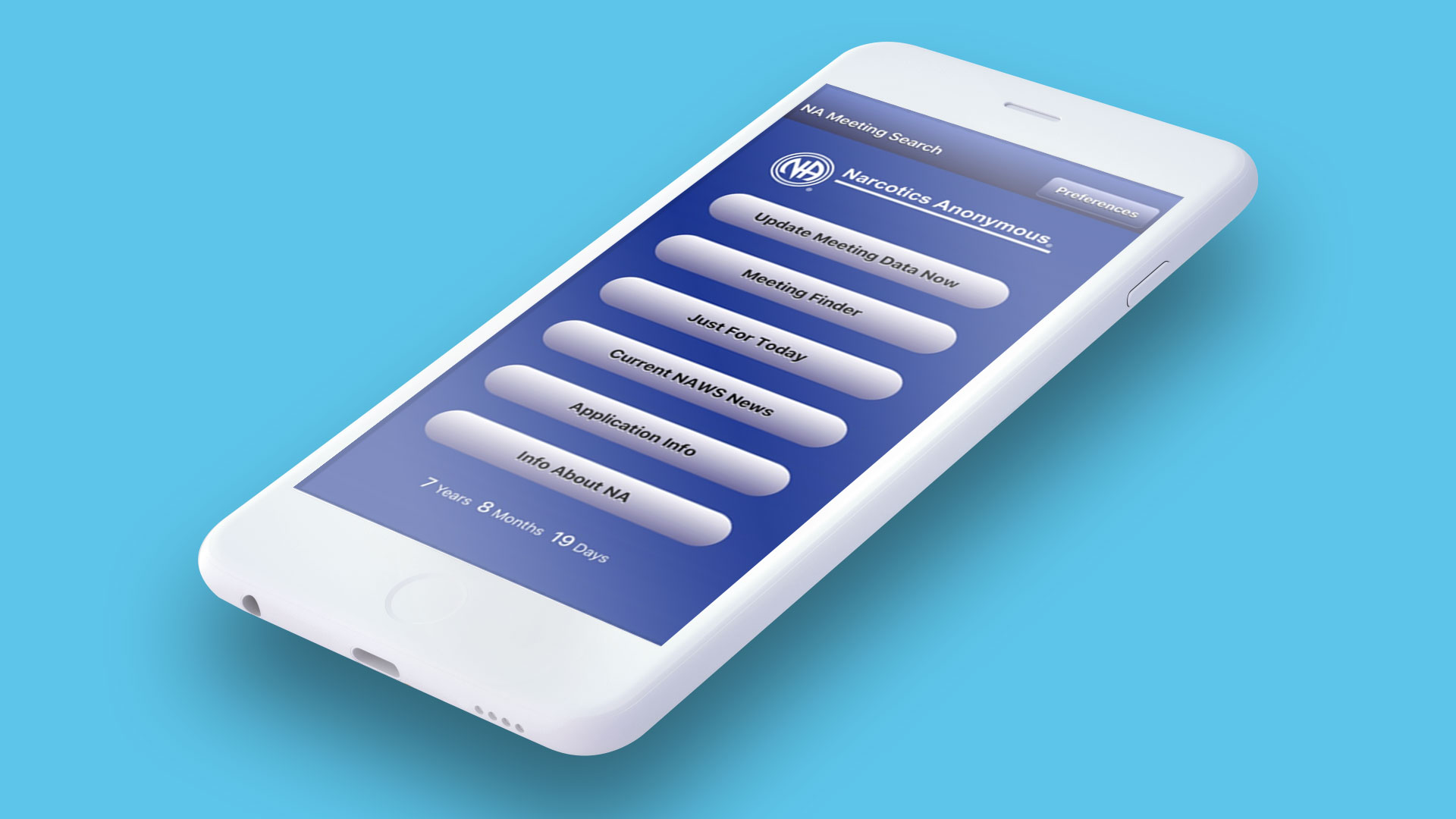Alcohol advice for professionals
As a professional, it can be hard to tell if a client, patient or person you're supporting is drinking too much, and even harder to know how to approach the subject with them. We've put together some advice on how to spot the signs of alcohol abuse and things you can do to help someone stop or cut down on their drinking.
Signs someone might have a drinking problem
It can be hard to spot if someone's drinking too much. It's really common for things to look fine on the surface when, in reality, someone's struggling behind the scenes. And problem drinking doesn't just mean being physically dependent on alcohol or drinking every day. Drinking is an issue that needs addressing if it's having negative consequences on someone's health, wellbeing, work or relationships.
Some warning signs to look out for in your clients, patients or service users include:
- a smell of alcohol
- loss of balance
- slurred speech
- poor hygiene
- not working or losing their job
- blood tests that indicate issues with liver function
- issues in their personal life and relationships
- making bad choices that mean they get hurt or get into trouble.
Get advice from our online team now
How to talk to someone about problematic drinking
- Start by finding out more. Ask them about their habits with drinking, as well as their health, relationships and work. You can then build up a picture of what's going on with them. Ask open questions (questions that don't just have a yes or no answer), so that it doesn't seem like you're making accusations.
- Explain your concerns. Try to open up a discussion by explaining a bit more about the things that have given you cause for concern. Be specific and give examples.
- Listen to them. It's important to show you're really listening to what they tell you, and that you're making an effort to understand what they're going through.
- Talk about next steps. Ask them if they want to get some help, rather than telling them what to do. If they do want help, talk to them about what they want.
If they're not receptive, don't worry or blame yourself. Sometimes people feel scared or ashamed, or they're not ready to admit that something's wrong. Leave the option for future conversations open.
How to help someone
You can suggest some of the ideas on our 'Tips for cutting down or quitting alcohol' page, like starting a drinking diary, having three or more alcohol-free days each week, or trying meditation.
You can refer them to Change Grow Live if we have a service in your area. Our services provide a whole range of different help for people who are having issues with drinking, from peer support groups, to detox and rehab.
You can also point them in the direction of the resources listed below.
Useful websites and apps
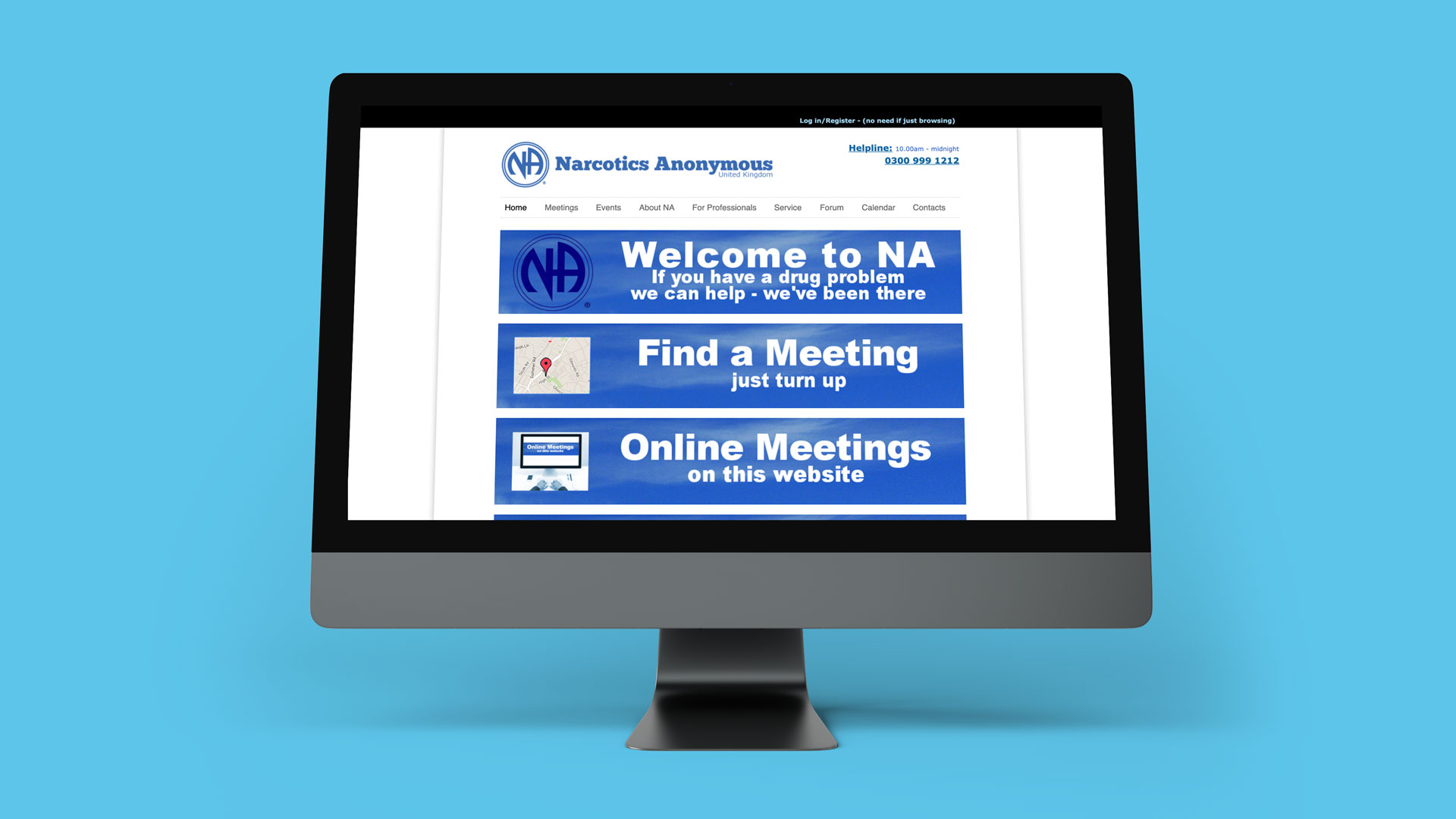
Narcotics Anonymous
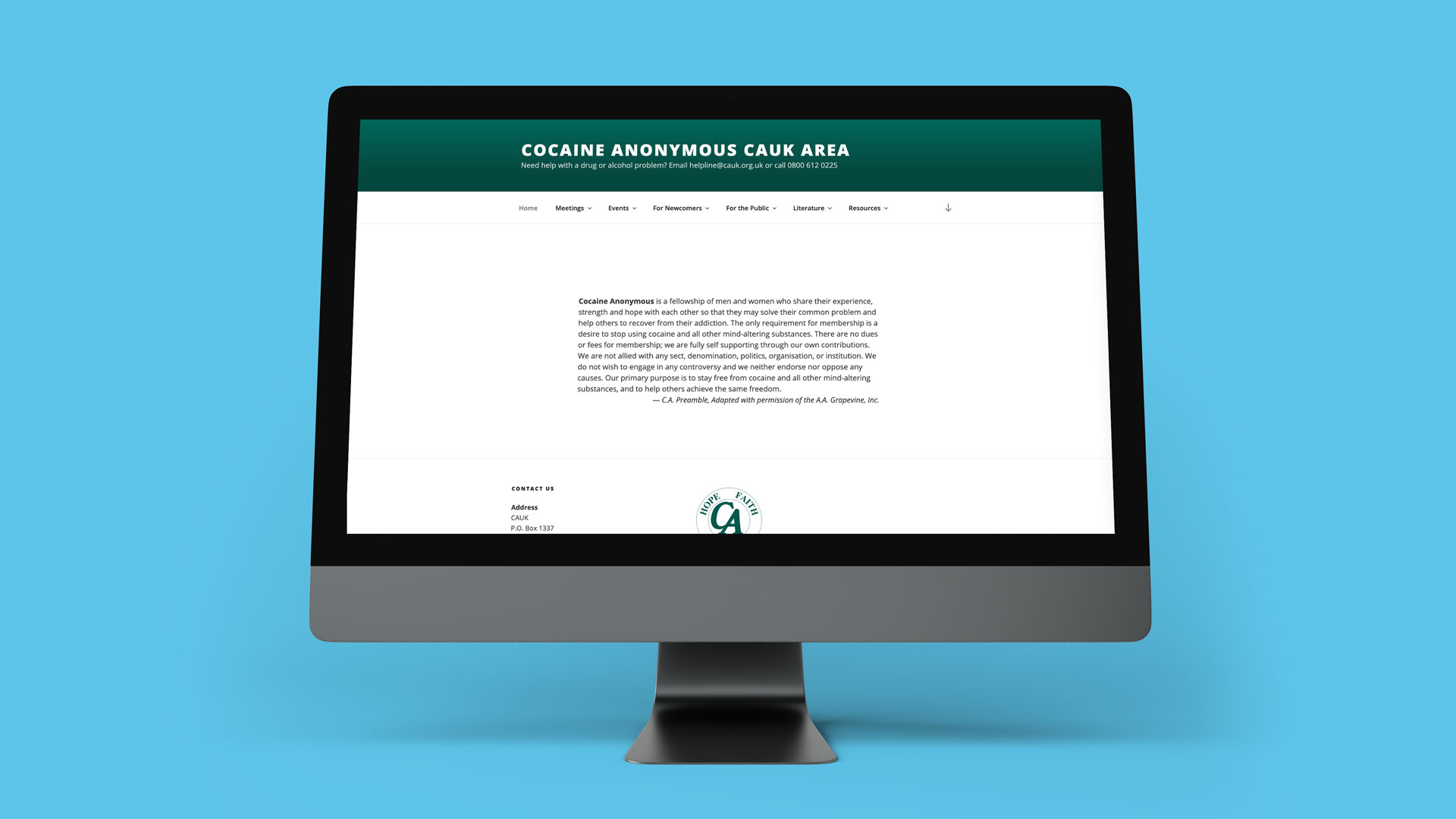
Cocaine Anonymous

Friday/Monday

Release
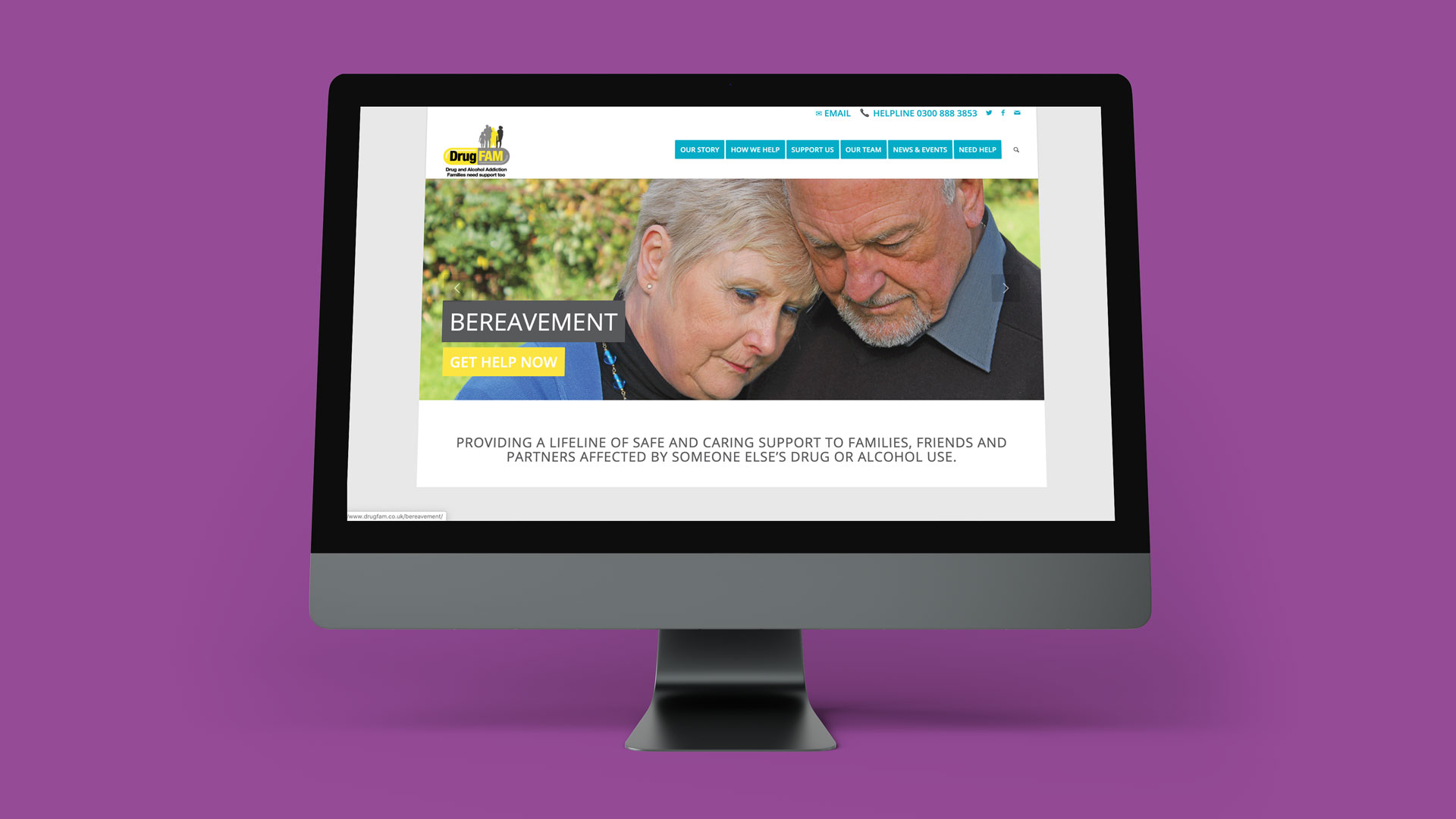
Drugfam

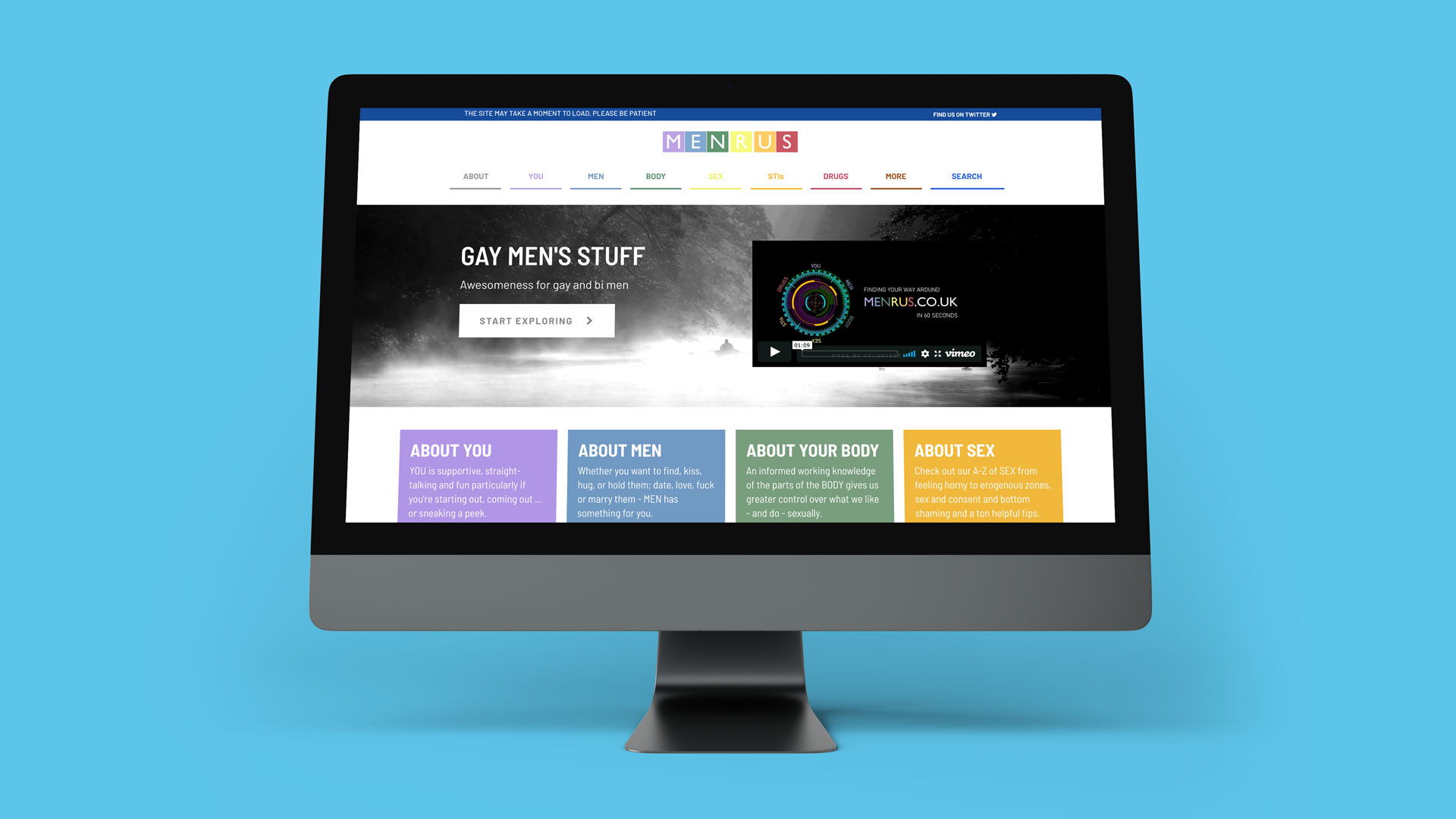
MEN R US
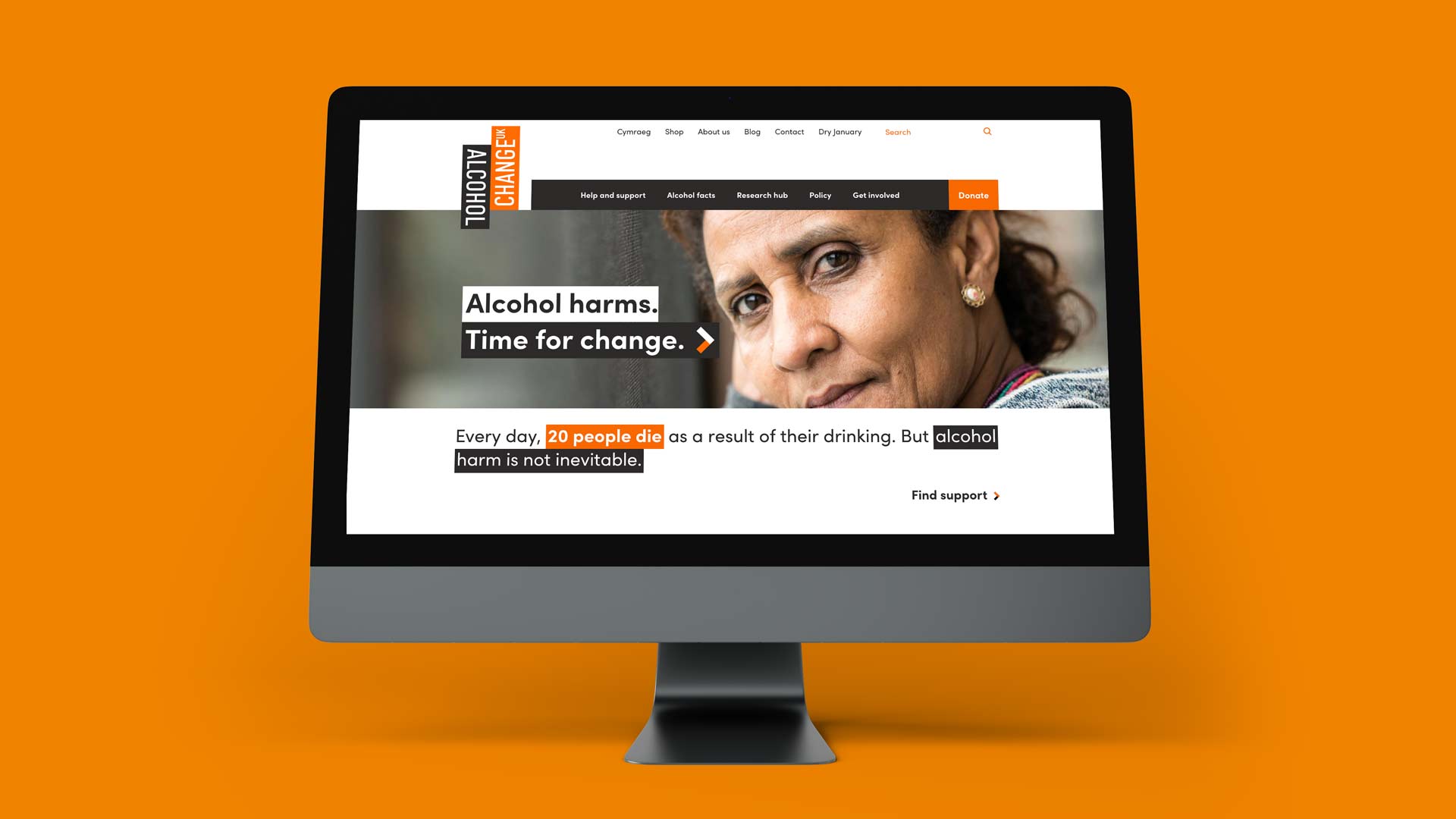
Alcohol Change UK
The apps above are produced and owned by third parties. We make no guarantees that the information within them is accurate or up to date. Please get professional healthcare advice before taking any action.

